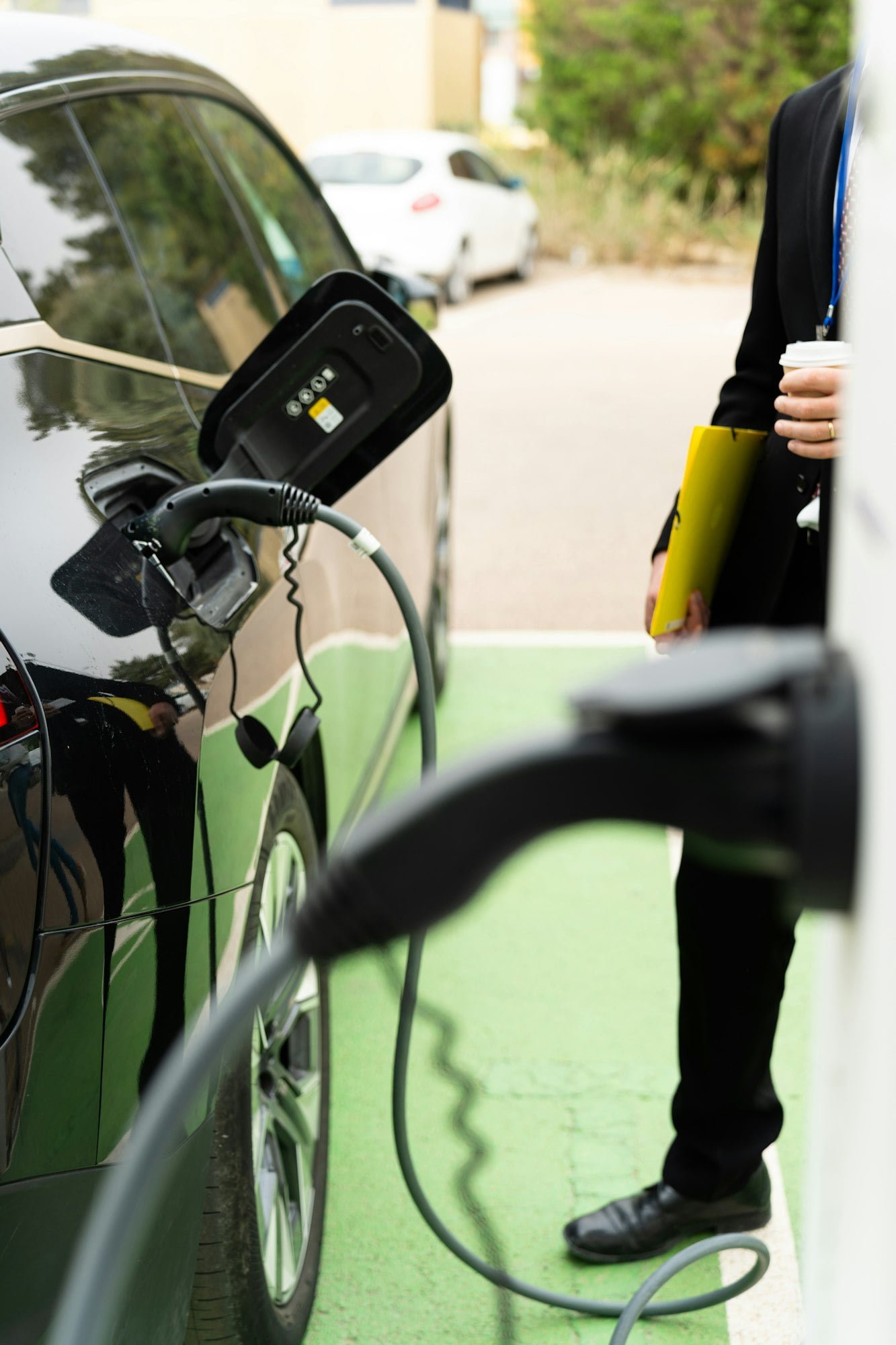Embracing the Electric Revolution: 2025 Marks the Triumph of Electric Vehicles Over Gasoline Cars
Future AI AutomotiveTable of Contents
In the realm of automotive innovation, the year 2025 is set to witness a monumental shift as electric vehicles (EVs) prepare to eclipse traditional gasoline-powered cars in sales. This seismic transformation is not merely a futuristic fantasy but a tangible reality fueled by a confluence of technological advancements, environmental imperatives, and shifting consumer preferences.
The Rise of Electric Vehicles: A Paradigm Shift in the Automotive Industry
The ascent of electric vehicles symbolizes a paradigm shift in the automotive industry, marking a departure from the reliance on fossil fuels towards sustainable, eco-friendly transportation alternatives. According to forecasts by industry analysts, global sales of electric vehicles are projected to surpass those of gasoline cars by a significant margin, heralding a new era of clean mobility.
The Driving Forces Behind the Electric Revolution
Environmental Imperatives: With growing concerns over climate change and air pollution, governments worldwide are implementing stringent emissions regulations, incentivizing the adoption of electric vehicles.
Technological Advancements: Breakthroughs in battery technology, coupled with the proliferation of charging infrastructure, have mitigated concerns regarding range anxiety, making EVs a practical choice for consumers.
Economic Incentives: Lower operating costs, coupled with declining prices of electric vehicles, are making them increasingly attractive to cost-conscious consumers, further driving their adoption.
The Implications for the Automotive Landscape
The dominance of electric vehicles in the automotive market will not only reshape the competitive landscape but also revolutionize the way we perceive and interact with transportation. As electric vehicles become the new norm, traditional automakers are recalibrating their strategies, investing heavily in electric mobility to remain relevant in this rapidly evolving landscape.
In conclusion, as we embark on the dawn of the electric age, the year 2025 symbolizes not just a milestone but a turning point in the history of transportation. With electric vehicles poised to surpass gasoline cars in sales, we stand on the cusp of a cleaner, greener, and more sustainable future. Let us embrace this electric revolution with optimism and determination, as we pave the way towards a brighter tomorrow.
FAQs:
Are electric vehicles truly better for the environment?
Yes, electric vehicles produce zero tailpipe emissions, significantly reducing greenhouse gas emissions and mitigating air pollution.
What about the affordability and range of electric vehicles?
The declining cost of batteries and the expansion of charging infrastructure are addressing concerns about affordability and range, making electric vehicles increasingly accessible and practical for consumers.
How do electric vehicles compare in terms of performance?
Electric vehicles offer instant torque delivery, providing exhilarating acceleration and a smoother driving experience compared to traditional gasoline cars.
What is the future of charging infrastructure for electric vehicles?
The rapid expansion of charging networks, including fast-charging stations and home charging solutions, is addressing concerns about charging convenience and accessibility.
How do electric vehicles contribute to energy sustainability?
Electric vehicles can be powered by renewable energy sources, such as solar and wind, reducing reliance on fossil fuels and promoting energy sustainability.
